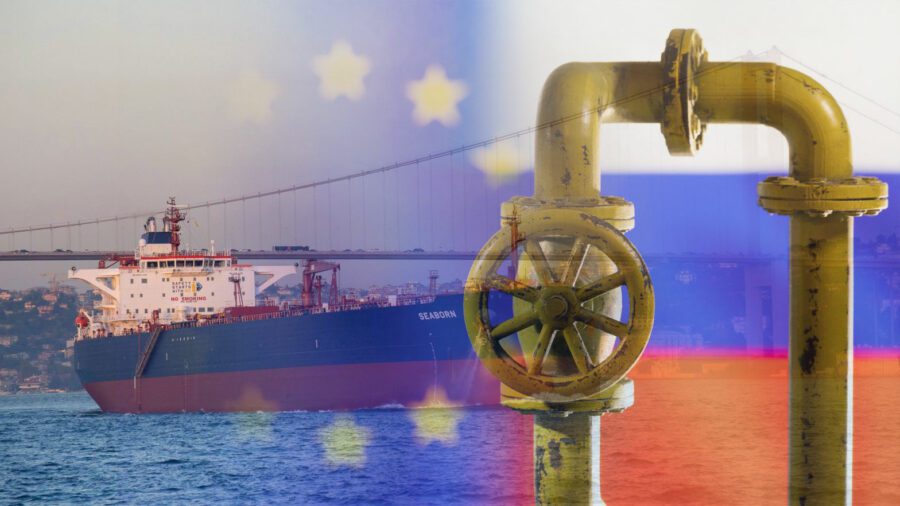July 14, 2024 This Week Top S&P 500 Gainers & Losers
Tesla Q2: The Bottom Is Likely In
Tesla: Time To Take Profits
Microsoft: The Q4 Results Should Surprise You
Tesla: Optimus And FSD Probably Won’t Save The Day
April 23, 2024 Maximizing Profits: When is the Right Time to Sell Your Business?
April 12, 2024 Improve Your Financial Status: A How-To Guide
April 12, 2024 How ZIM Integrated Container Tracking is Revolutionizing Global Trade
March 15, 2024 6 Best Growth Stocks To Buy Now According to Metatrader 5
Will Russia accept G7 oil price cap?
December 7, 2022

A price cap on Russian seaborne oil entered force on Monday as the West attempts to suppress profits streams to Moscow’s war machine. After intense negotiations, G7 nations and Australia consented to a $60 per barrel rate level, with an adjustment system that keeps the cap a minimum of 5% listed below the marketplace rate and allows for revisions every two months. Crude stays Russia’s financial lifeline, specifically after the country stopped natural gas sales to Europe (a relocation that was first associated to maintenance issues and later on to sanctions).
How it works: The offer enables Russian oil to be delivered to third-party nations utilizing G7 and EU tankers, only if the freight is purchased or below the $60 per barrel cap. The level is seen as high sufficient to cover production expenses and motivate more output, though Ukraine’s Volodymyr Zelenskyy slammed the agreement, calling it “quite comfy for the budget plan of a terrorist state.” G7 insurer, credit organizations and transport services will also need to observe the cost ceiling, which is essential as 95% of the world’s oil tanker fleet is covered by the International Group of P&I Clubs in London and business based in continental Europe.
While the market is still awaiting a complete response from Russia, the Kremlin has stated it will redirect its oil supply to “market-oriented partners” even if that implies it will need to cut production. A presidential decree would likewise restrict loadings predestined for any countries that adopt the limitations, and ban any recommendation to a rate cap in agreements for Russian crude or oil items. “We are dealing with mechanisms to forbid using a cost cap instrument, no matter what level is set, since such interference might further destabilize the marketplace,” stated Russian Deputy Prime Minister Alexander Novak.
Outlook: Russia is the world’s second-largest oil exporter, meaning how the scenario plays out could influence costs in the months ahead. Many analysts still state that Russia has enough of a shadow fleet to skirt the sanctions, suggesting more shipments will be rerouted, which is already taking place throughout worldwide unrefined markets. While that might keep oil costs at existing levels, or even depress them based on demand aspects, others are more fearful about the future, stating that a drop in Russian sales or output might result in a surge in crude and fuel rates worldwide.














